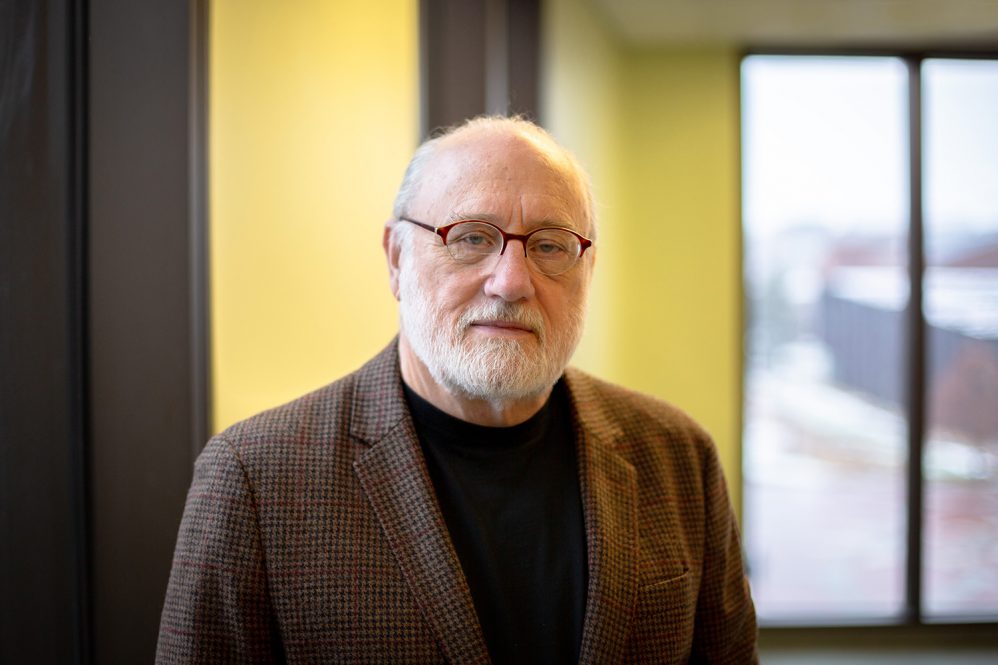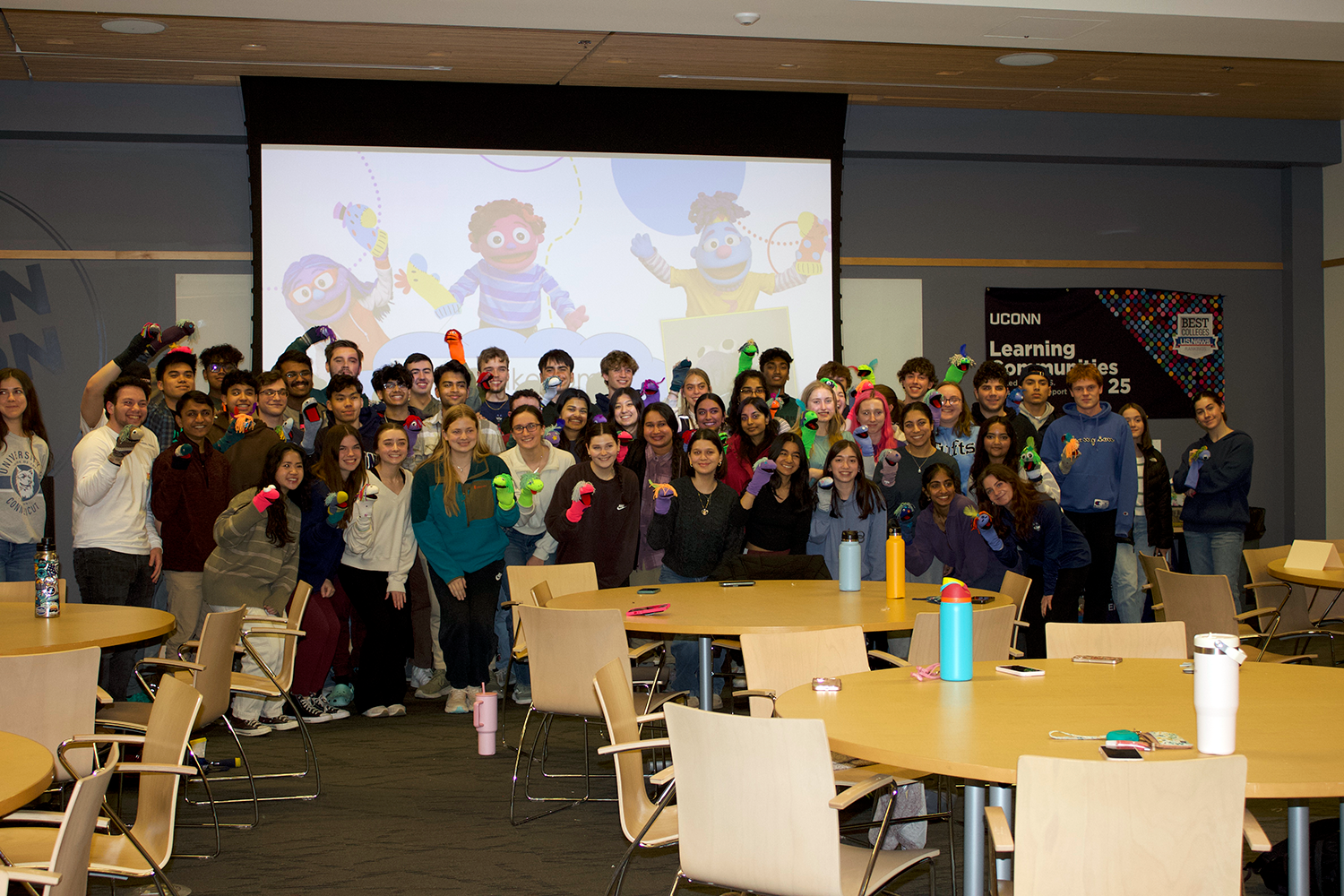Why is it important for people to study economics?
Economics is all around us. In introductory economics, students learn about supply and demand, financial markets, monetary policy, and other somewhat abstract ideas. Understanding these and other basic economic concepts is crucial to being an informed citizen.
But students are surprised to learn that economics helps inform decisions that are important to them at a personal level. When I teach introductory economics, I always point out that, even though they may be only 18-year-old students, they already have a huge debit sitting on their personal accounts: retirement. They need to begin saving soon to offset that distant but looming debit.
Financial literacy is a big part of succeeding in life, and it’s also part of the new UConn Strategic Plan. Economics is not a course in personal finance, but there are important lessons from economic theory. For example, all introductory textbooks now cite research that shows that people who are not investment professionals – and maybe even people who are – should not pick individual stocks. Research shows that, for retirement, long-term investing in a well-diversified stock portfolio almost always beats any other strategy.
Economics is also a great path to a future career. Students are anxious to major in economics because the major sends a signal – that the job seeker is trained to think rigorously and to make decisions informed by data. Partly for this reason, we have a diverse population of students, many from first-generation and immigrant backgrounds. At the same time, we have a vibrant Honors program. Recently, one of our students, Nidhi Nair ’23 (CLAS), was named UConn’s first Schwartzman Scholar and is now studying in Beijing.
What’s a misconception about your field?
The biggest misconception about economics is that it is mostly about forecasting economic variables like unemployment and about predicting recessions. In fact, only a tiny percentage of economists do that kind of work. And, indeed, I think economists are more attuned than most academics to the impossibility of predicting the future. Most economists spend their time thinking, in one way or another, about the role that incentives and institutions play in human life.
Another misconception is that economics is only about money, markets, and – dare I say it? – greed. In fact, economists think quite broadly about human motivation and about the role incentives play in many non-market spheres.
Tell us about your teaching and research.
I was hired at UConn to teach the history of economic thought, replacing a retired faculty member named John Thorkelson, who was famous (outside the economics profession) as the father of Peter Tork of the Monkees! Mostly, however, my work has been on the economics of organization. The central question in this field is: why are some economic activities undertaken within business firms while similar activities are undertaken through market transactions (what we now call outsourcing)?
In thinking about the theory of organization, I was led to study actual cases, and I began researching high-tech industries like personal computers, software, and semiconductors. This in turn led me to consider the larger issues of business organization – what you might call “big-think” business history. How have businesses been organized in the past and why? This work culminated in my most recent book, The Corporation and the 20th Century, which came out in June 2023 from Princeton University Press.
What’s one goal you have for the Department of Economics?
We are a collegial, friendly department where people look out for each other, and I’m very grateful for that. From that starting point I want to build up our resources to better serve our undergraduates, since we have one of the most popular majors at UConn. Competition is intense for very good faculty, but we have a strong program, and we are hoping to add faculty to improve the student experience and to raise our research profile.
How has the department changed since you joined? Where do you see it going in the next decade?
The faculty have gotten much better in terms of technical ability and the visibility of our research. We have a great bunch of young faculty members doing cutting-edge research.
Our undergraduate population keeps growing – we have more than 1100 majors. We added a BS in economics to our existing BA degree to bolster the analytic and computational side of the major.
We also created a Master of Science in Quantitative Economics (MSQE). That includes a 4+1 option that lets our undergraduates complete both the BS and the MSQE in five years.
Finally: What’s your favorite UConn sports team?
I follow football and women’s and men’s basketball. But my new enthusiasm is UConn baseball. I love the great new stadium we have, where you can sit close to the action and watch really good Division I baseball.



